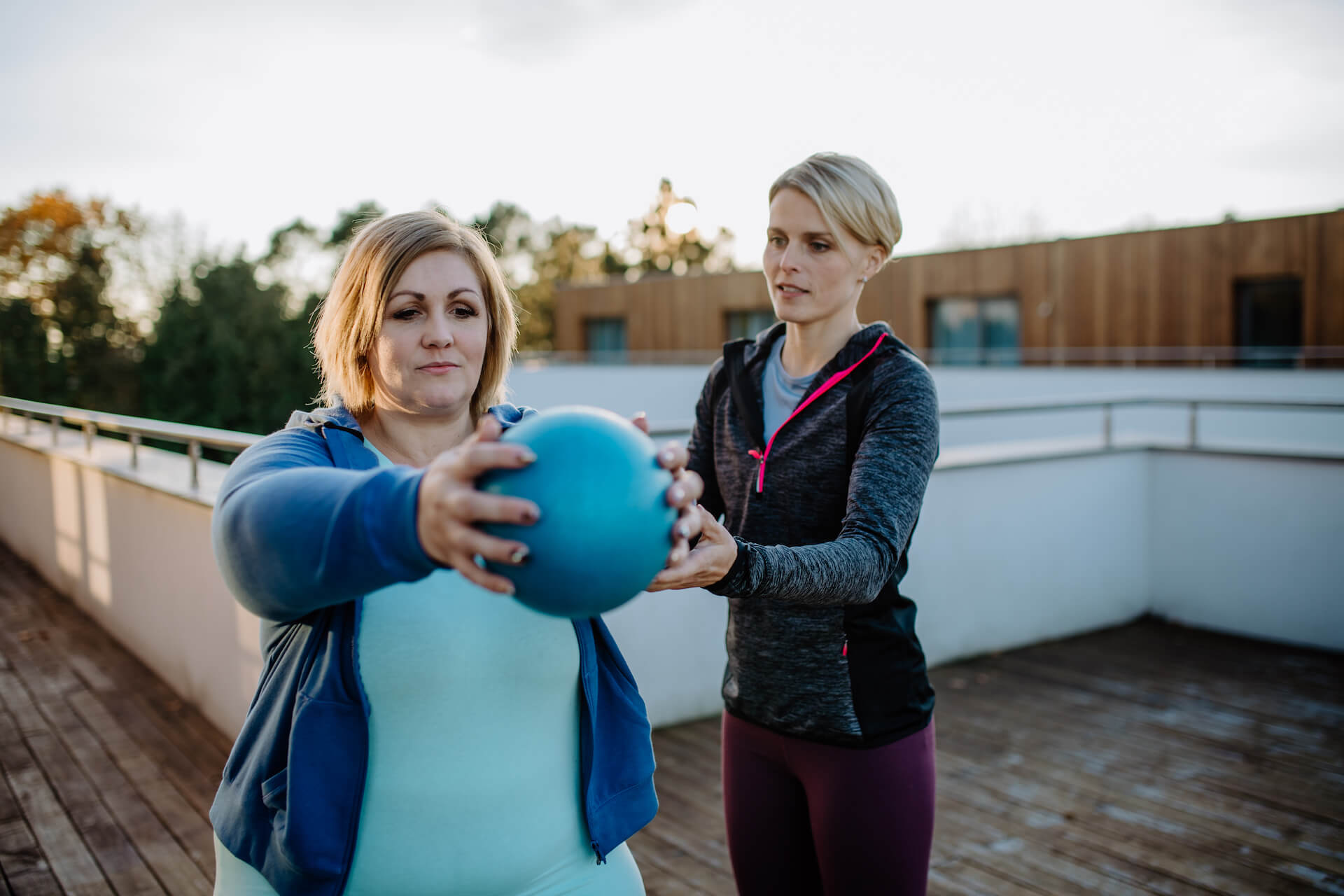
Netball Injuries and Physiotherapy
Netball Injuries and Physiotherapy
Netball is an exciting and fast-paced sport that combines speed, agility, and teamwork. However, like any high-intensity sport, it comes with a risk of injury. Whether you’re a competitive player or someone who enjoys a casual game with friends. Understanding the most common netball injuries and how physiotherapy can help you recover is essential to maintaining your performance and well-being.
Common Netball Injuries
- Ankle Sprains
Ankle sprains are one of the most frequent injuries in netball, often caused by sudden direction changes or awkward landings. When the foot twists, the ligaments in the ankle can stretch or tear, leading to pain, swelling, and difficulty walking or jumping. - Knee Injuries
Netball players are also prone to knee injuries, particularly those involving the anterior cruciate ligament (ACL) or the patella (kneecap). The repetitive movements of cutting, pivoting, and jumping can strain the knees, potentially leading to ACL tears, patellar tendinitis, or bursitis, causing pain, swelling, and stiffness. - Shoulder Strains
The repetitive overhead motions in netball, such as shooting or passing, place a significant load on the shoulder joint. Over time, these movements can lead to shoulder strains, impingement, or rotator cuff injuries, which can result in pain, weakness, and restricted range of motion. - Wrist and Hand Injuries
In a fast-paced game like netball, wrists and hands are vulnerable to sprains, fractures, or dislocations due to falls, forceful ball impacts, or contact with other players. These injuries can limit your ability to grip, catch, or pass the ball effectively. - Muscle Strains
Hamstring, calf, and quadriceps strains are common in netball, especially during sprinting or quick directional changes. These strains occur when muscles are overstretched or overloaded, leading to pain, tightness, and reduced mobility.
How Physiotherapy Can Help
Physiotherapy plays a key role in both the recovery and prevention of netball injuries. Whether you’re dealing with a sprained ankle or a shoulder strain, a physiotherapist can guide you through a tailored treatment plan to get you back on the court safely.
- Pain Management
Physiotherapists use a variety of techniques, such as ice, heat therapy, ultrasound, or electrical stimulation, to help reduce inflammation and pain in the early stages of injury. This allows for more effective rehabilitation and faster recovery. - Rehabilitation Exercises
Once the initial pain subsides, physiotherapy focuses on restoring range of motion, strength, and function. For example, ankle sprains may require balance exercises and ankle mobility drills, while knee injuries may benefit from strengthening exercises to target the quadriceps and hamstrings. - Sport-Specific Training
Physiotherapists will help you regain your sport-specific movements through functional exercises that mimic the demands of netball. This might include agility drills, jumping and landing techniques, or exercises to improve reaction time and coordination. - Injury Prevention
Physiotherapy isn’t just about recovery—it’s also about prevention. Your physiotherapist will teach you techniques to reduce the risk of future injuries. - Education and Advice
A physiotherapist can provide valuable advice on how to modify your training, manage load, and listen to your body to avoid overuse injuries. They can also guide you on how to maintain joint and muscle health with regular exercise and stretching.
Conclusion
Netball injuries are a part of the game, but they don’t have to sideline you for long. With the right physiotherapy treatment, you can recover effectively and reduce the risk of future injuries. If you’ve been injured during a netball game or want to improve your performance and prevent injury, contact our clinic today. Our experienced physiotherapists are here to help you get back on the court stronger and more confident than ever.
If you require a exercise physiologist Brisbane to develop a netball exercise plan, or just would like to find out more about what a talented everyday exercise physiology provider can do to help, get in touch. Feel free to call the Pivotal Motion Physiotherapy team on 07 3352 5116 or book online for a hand today!







